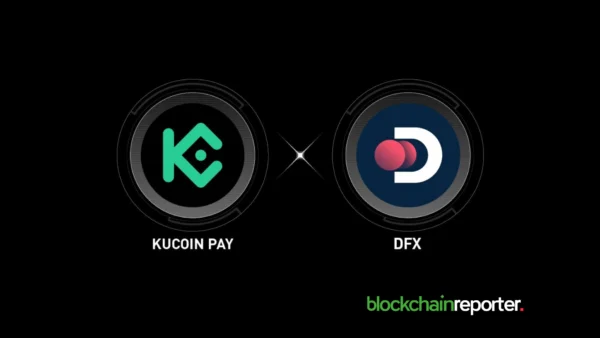
Over the past years, various sectors in the Web3 ecosystem have expanded and as that happens, diverse risks seem to be inevitable. In a press release published earlier today, open-source Web3 identity protocol, .bit revealed some potential risks involved in using decentralized identifiers also known as ‘DID’ for crypto transactions.
Decentralized identifiers as the name indicates are a means of identification built on the blockchain which one can use as an identity for transactions instead of inserting long and complicated wallet addresses.
Potential Risks Involved In DIDs
Though the idea behind DIDs is pretty feasible, according to .bit, the risks involved shouldn’t be overlooked. DID which can be used to receive and send assets uses an identifier to verify the data of the token or asset and send back a response.
The data being verified relies on the application programming interface (API) that the wallet or exchanges use to communicate responses. API enables simple data transfer across various platforms and provides the necessary information a wallet needs from the DID.

According to .bit, the API which is used to communicate data has potential risks that impacts DIDs that leverage it. In the report, the Web3 protocol listed five risks such as hackers, breaking into the server for the API service, and tampering with the data returned to the query.
Additionally, staff tampering with the data returned by the query, internal errors returning incorrect data to the query, outdated nodes for synchronization with the blockchain network as well as DID expire or being registered by a different user without the knowledge of the previous owner.
Per the report, though the first two risks are inevitable if users use .bit or other DIDs frequently, the last three risks are more non-subjective and unavoidable. The Web3 protocol noted,
“Currently, the use of DIDs for wallets or exchanges is in a nascent stage. In order to avoid the risk of losing an asset through faulty technology or illegal actions, .bit recommends not using DIDs for wallet or exchange transactions at this time.”
Notably, .bit further pointed out that the risks listed are caused by misuse and not subjected to the DIDs themselves.








